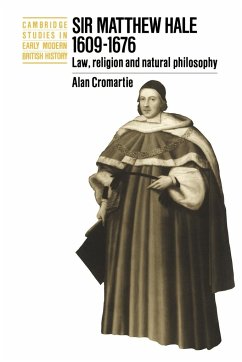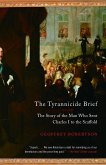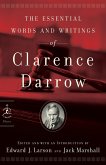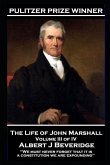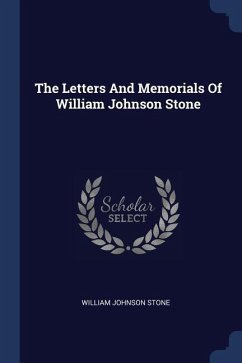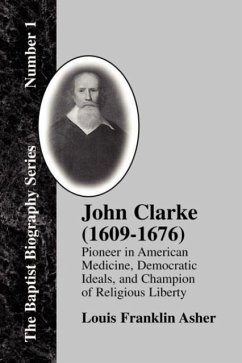A survey of the life and work of a great English judge during the Commonwealth and the reign of Charles II.
Sir Matthew Hale (1609-76) was the greatest common lawyer of his age, and the most universally admired. Although he held office under Oliver Cromwell, this barely affected his standing in Restoration times. A study of Hale's life and thought necessarily illuminates the central role of the common law in Stuart politics. This book explains Hale's political ideas, and his subtle understanding of the peculiar character of an 'unwritten' law. It also covers his extensive writings on scientific and religious questions, writings which document a shift from puritan to liberal Protestantism. His acute but equivocal response to the science of Descartes and Boyle reveals a fascinating interplay between his 'latitudinarianism' and the new natural philosophy. The result is a unique case study, and a comprehensive portrait of a seventeenth-century mind.
Table of content:
Introduction: a summary life; Part I. Law: 1. Coke: the appeal to reason; 2. Selden: the appeal to contract; 3. The rights of the Crown; 4. Interregnum; 5. Protectorate; 6. Restoration: 'the nature of laws'; 7. Restoration: constitutional theory; 8. Restoration: legal practice; Part II. Religion: 9. Hales's 'puritanism'; 10. Hale's 'latitudinarianism'; 11. Hale and religious dissent; Part III. Natural Philosophy: 12. Natural motions; 13. The Torricellian experiment; 14. The soul; Conclusion; Appendix; Bibliography.
Sir Matthew Hale (1609-76) was the greatest common lawyer of his age, and the most universally admired. Although he held office under Oliver Cromwell, this barely affected his standing in Restoration times. A study of Hale's life and thought necessarily illuminates the central role of the common law in Stuart politics. This book explains Hale's political ideas, and his subtle understanding of the peculiar character of an 'unwritten' law. It also covers his extensive writings on scientific and religious questions, writings which document a shift from puritan to liberal Protestantism. His acute but equivocal response to the science of Descartes and Boyle reveals a fascinating interplay between his 'latitudinarianism' and the new natural philosophy. The result is a unique case study, and a comprehensive portrait of a seventeenth-century mind.
Table of content:
Introduction: a summary life; Part I. Law: 1. Coke: the appeal to reason; 2. Selden: the appeal to contract; 3. The rights of the Crown; 4. Interregnum; 5. Protectorate; 6. Restoration: 'the nature of laws'; 7. Restoration: constitutional theory; 8. Restoration: legal practice; Part II. Religion: 9. Hales's 'puritanism'; 10. Hale's 'latitudinarianism'; 11. Hale and religious dissent; Part III. Natural Philosophy: 12. Natural motions; 13. The Torricellian experiment; 14. The soul; Conclusion; Appendix; Bibliography.

